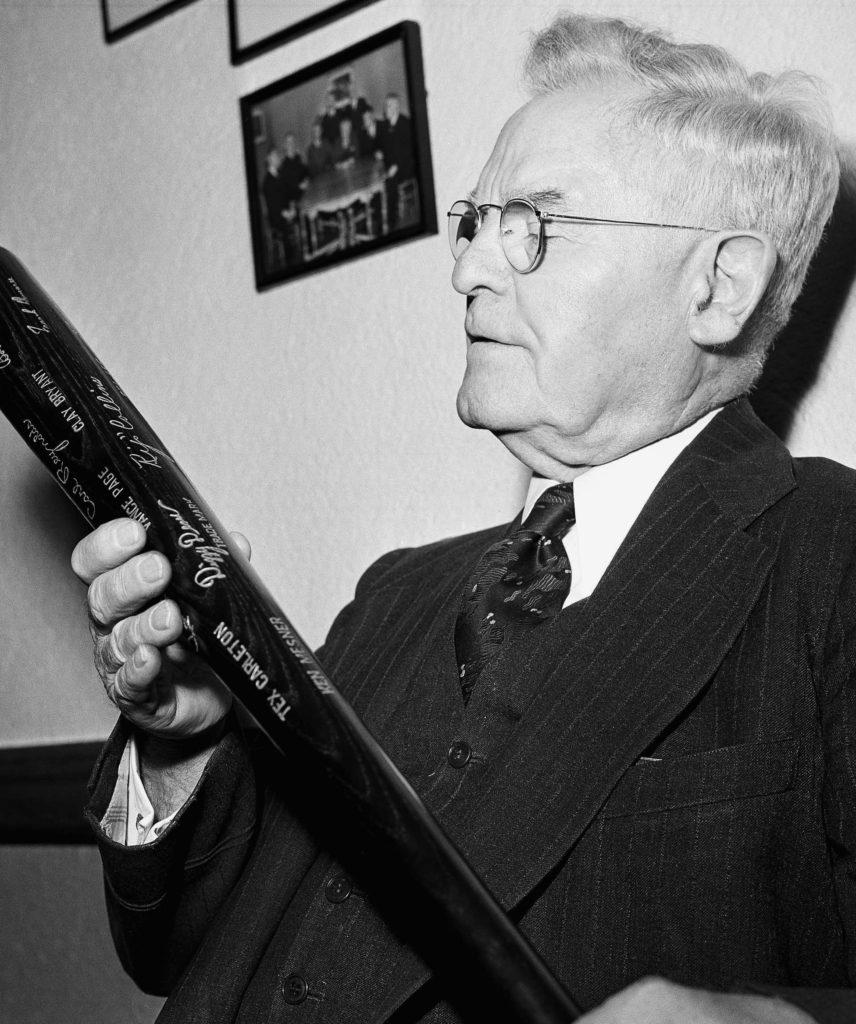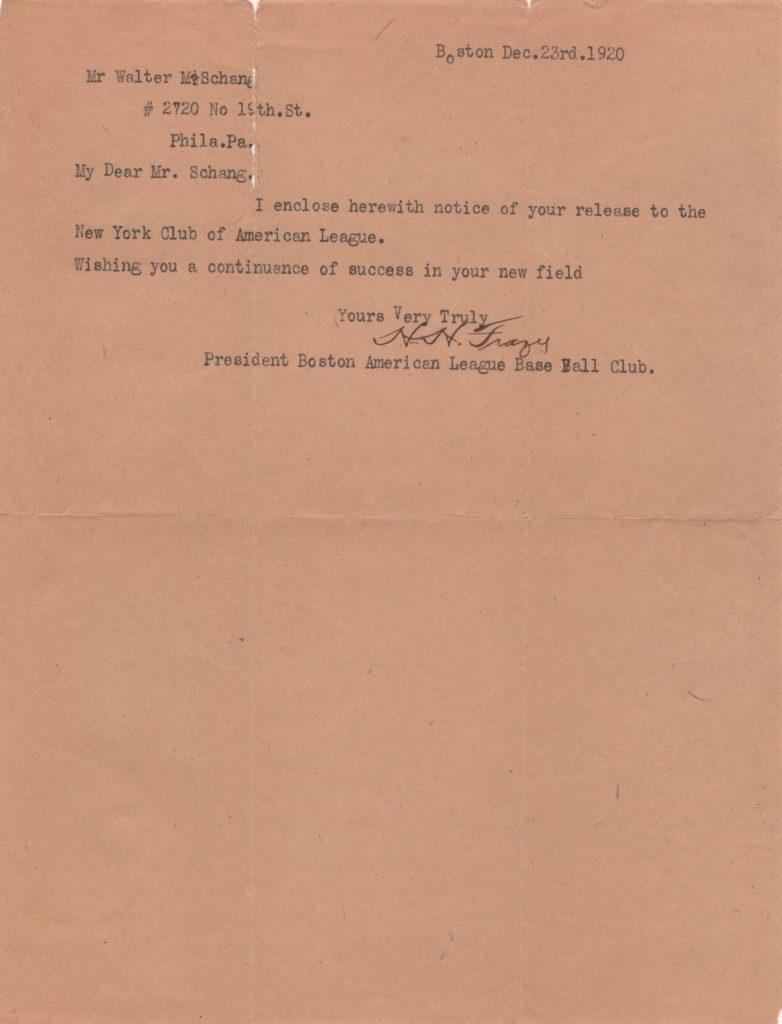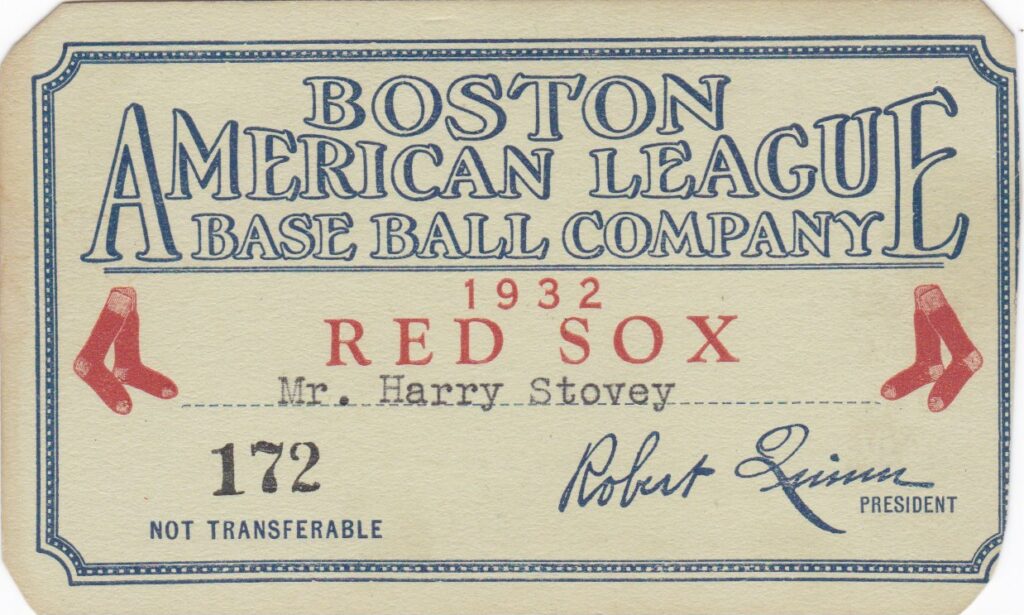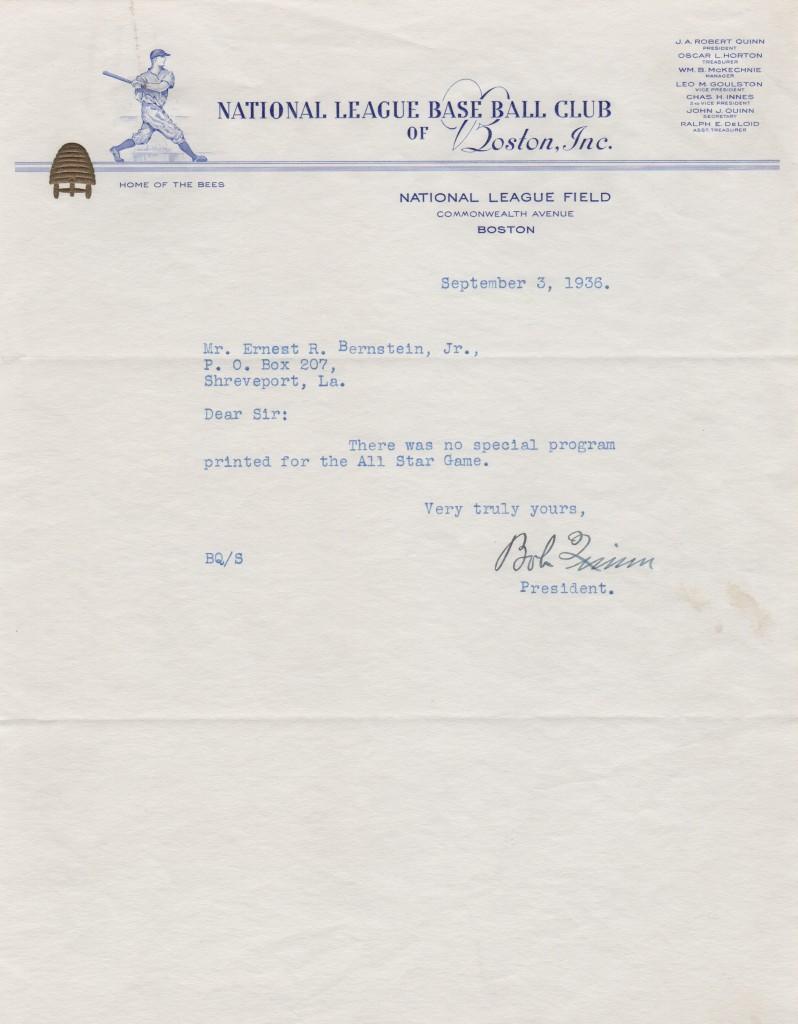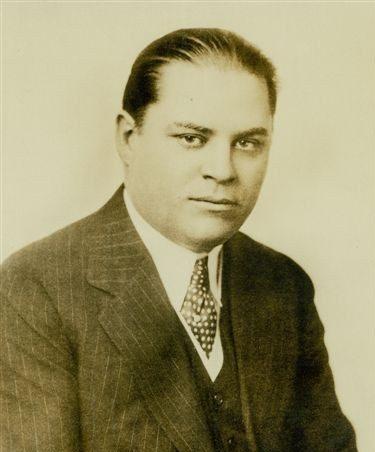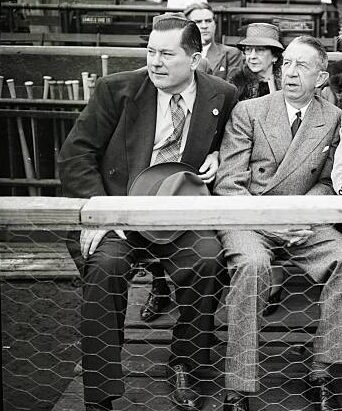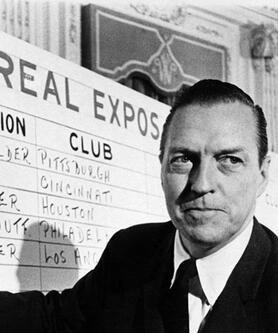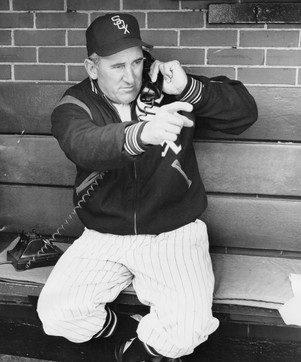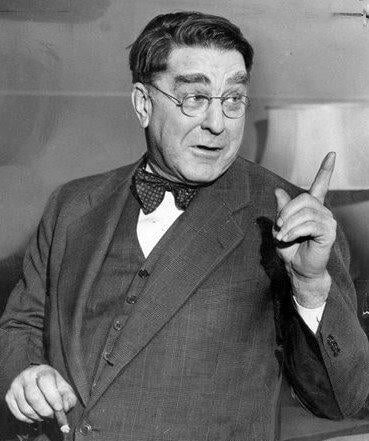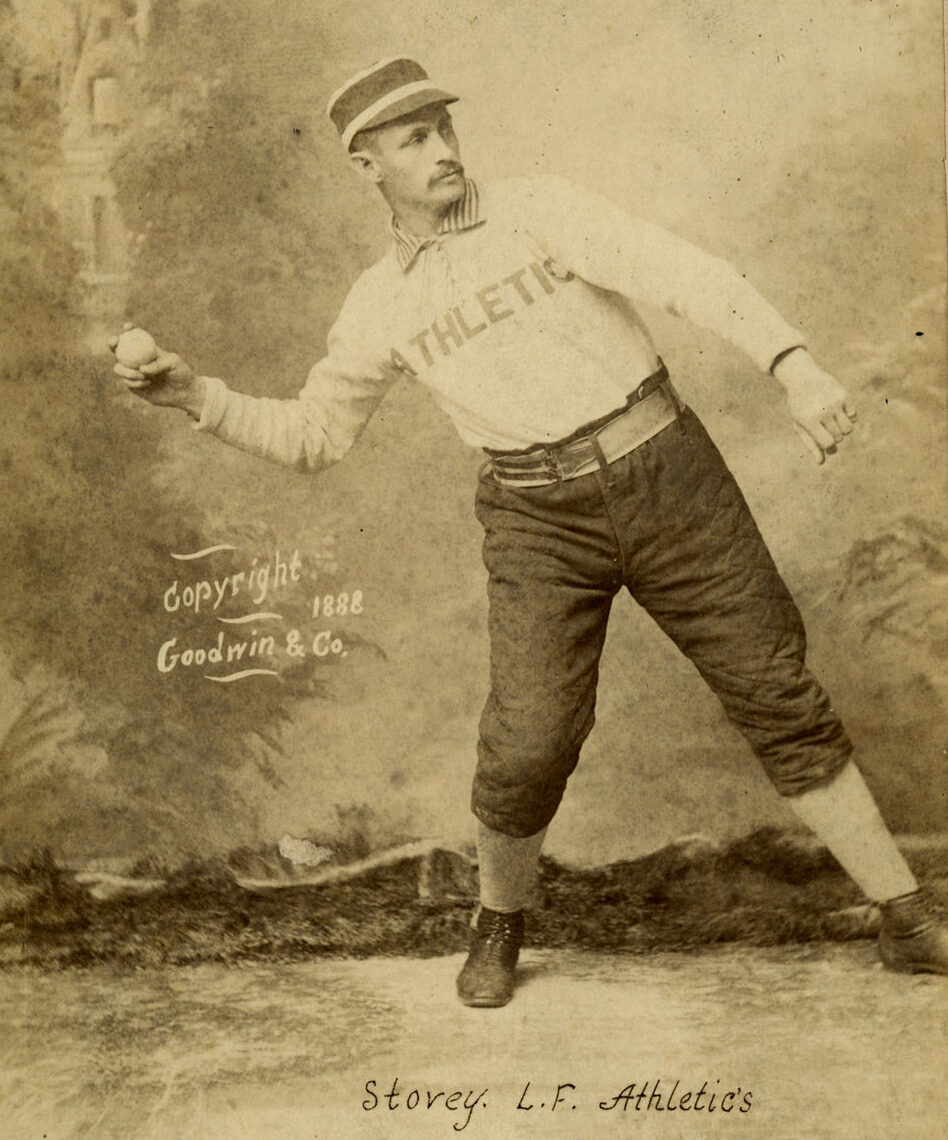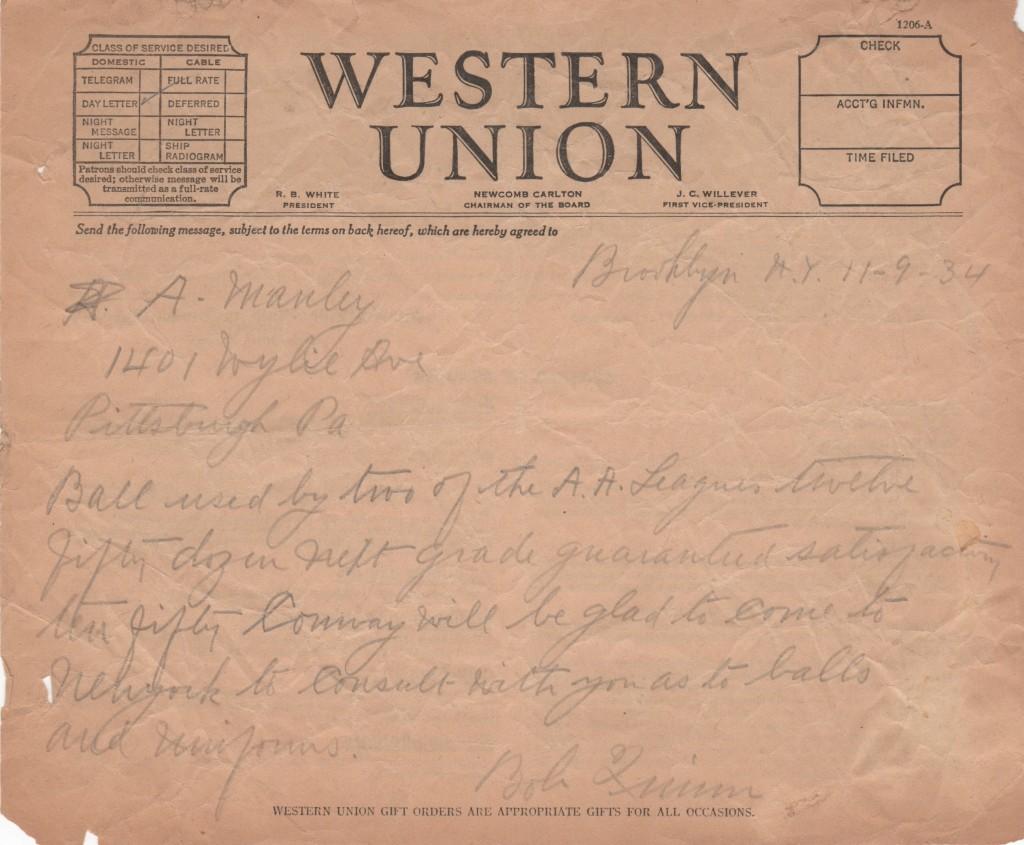
The Hall of Fame established the Honor Rolls of Baseball as a second level of recognition of non-playing personnel. In 1946, a Cooperstown committee inducted 39 non-players into the Honor Rolls. There were five managers, 11 umpires, 11 executives, and 12 sportswriters.
Bob Quinn was one of the executives honored for his management with four different franchises. He served as GM of the St. Louis Browns from 1917-1922. He took the lovable but losing Browns to within one game of the 1922 pennant.
The next season he led an ownership group that bought the Boston Red Sox. The franchise was in shambles from the mismanagement of Harry Frazee. Quinn served as team president. His term in ownership in Boston was doomed when the key financial man in the equation Palmer Winslow died in 1927. Quinn sold his shares to Tom Yawkey in 1932.
Quinn became the GM of the Brooklyn Dodgers in 1934, a post he held for two seasons. He returned to Boston as team president and part-owner of the Braves from 1936-1945. Quinn later served as president of the Hall of Fame from 1948-1951 before suffering two strokes.
After his death Quinn’s baseball legacy continued to expand. His son John, grandson Bob, and great grandson Bob all served as big league general managers.
Shown here is a telegram written and signed by Quinn in 1934. Western Union stopped sending telegrams in 2006.
Few could foresee the demise of this mode of communication when its army of uniformed messengers were sending more than 200 million telegrams every year.
A dozen years after sending this baseball gave Quinn its highest honor for executives at the time, induction into the Hall of Fame’s Honor Rolls of Baseball.
